detail profile raymond guth
Peran Yang Di Mainkan Raymond Guth
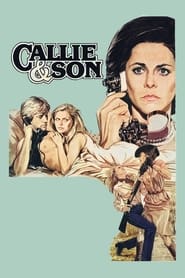 A fictional drama covering a 30year...
A fictional drama covering a 30year...Callie & Son 1981
A fictional drama, covering a 30-year period, about a poverty-stricken teenager forced to give up her illegitimate son at birth, and the climb to wealth and power as the wife of a newspaper publisher who helps her locate her son, in whose future she becomes obsessed.
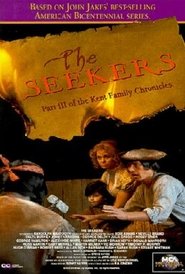 This followup to The Bastard and...
This followup to The Bastard and...The Seekers 1979
This follow-up to "The Bastard" and "The Rebels" continues the account of Philip Kent's life and career from his emigration to colonial Massachusetts through the American Revolutionary War and concludes the family saga with the story of his two sons and their children as they arrive in the unexplored Northwest Territory. (Episodes 5 and 6 of the Kent Chronicles miniseries.)
 A somewhat daffy book editor on...
A somewhat daffy book editor on...Silver Streak 1976
A somewhat daffy book editor on a rail trip from Los Angeles to Chicago thinks that he sees a murdered man thrown from the train. When he can find no one who will believe him, he starts doing some investigating of his own. But all that accomplishes is to get the killer after him.
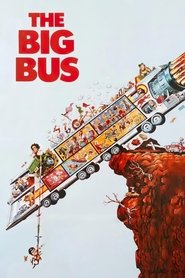 The ultimate disaster film parody A...
The ultimate disaster film parody A...The Big Bus 1976
The ultimate disaster film parody. A nuclear-powered bus is making its maiden non-stop trip from New York to Denver. The journey is plagued by disasters due to the machinations of a mysterious group allied with the oil lobby. Will the down-on-his-luck driver, with a reputation for eating his passengers, be able to complete the journey?
 Famous singer Fanny Brice has divorced...
Famous singer Fanny Brice has divorced...Funny Lady 1975
Famous singer Fanny Brice has divorced her first husband Nicky Arnstein. During the Great Depression she has trouble finding work as an artist, but meets Billy Rose, a newcomer who writes lyrics and owns a nightclub.
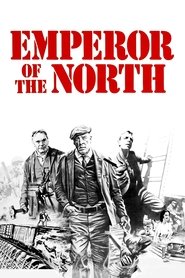 Hobos encounter a sadistic railway conductor...
Hobos encounter a sadistic railway conductor...Emperor of the North 1973
Hobos encounter a sadistic railway conductor that will not let anyone "ride the rails" for free.
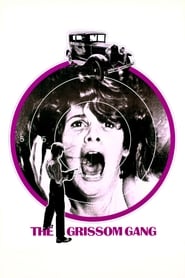 The Grissom Gang is a remake...
The Grissom Gang is a remake...The Grissom Gang 1971
The Grissom Gang is a remake of the notorious 1949 British melodrama No Orchids For Miss Blandish. Kim Darby plays a 1920s-era debutante who is kidnapped and held for ransom. Her captors are the Grissoms, a family comprised of sadists and morons, and headed by Ma Barker clone Irene Dailey. One of the Grissoms, played by Scott Wilson, takes a liking to his prisoner, which results in a bloody breakdown of the family unit. Both The Grissom Gang and the original No Orchids For Miss Blandish were inspired by the best-seller by James Hadley Chase, though neither film retains Chase's original ending.
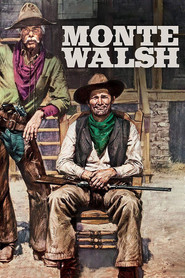 Monte Walsh is an aging cowboy...
Monte Walsh is an aging cowboy...Monte Walsh 1970
Monte Walsh is an aging cowboy facing the ending days of the Wild West era. As barbed wire and railways steadily eliminate the need for the cowboy, Monte and his friends are left with fewer and fewer options. New work opportunities are available to them, but the freedom of the open prarie is what they long for. Eventually, they all must say goodbye to the lives they knew, and try to make a new start.
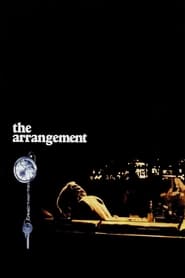 An adman attempts to rebuild his...
An adman attempts to rebuild his...The Arrangement 1969
An adman attempts to rebuild his shattered life after suffering a nervous breakdown.
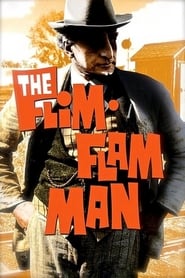 Mordecai Jones a silvertongued swindler and...
Mordecai Jones a silvertongued swindler and...The Flim-Flam Man 1967
Mordecai Jones, a silver-tongued swindler and self-proclaimed “M.B.S., C.S., D.D.—Master of Back-Stabbing, Cork-Screwing and Double-Dealing,” has made a career out of charming and cheating his way through life. Played with devilish charm by George C. Scott, Jones takes on a new protégé in Curley, a wide-eyed Army deserter eager for direction. Together, they crisscross the backroads of the rural South, pulling off a string of homespun cons while staying one step ahead of a relentless local sheriff. Along the way, Curley falls for Bonnie Lee Packard, a rebellious heiress who joins their misadventures. But as the scams grow riskier, Curley begins to wonder whether a life of flimflam is worth the price. With its colorful characters, offbeat humor, and standout performance by Scott, The Flim-Flam Man is a rollicking Southern caper about cons, conscience, and unlikely camaraderie.
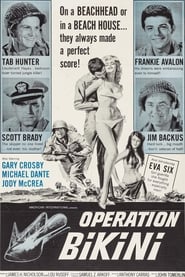 The film takes place aboard an...
The film takes place aboard an...Operation Bikini 1963
The film takes place aboard an American submarine in the Pacific during World War II. The sub's commander is ordered to stop and pick up an underwater demolition team led by Lt. Hayes, whose mission is to locate and destroy a US submarine sunken in a lagoon off Bikini Atoll before the Japanese are able to raise it and capture the advanced radar system on board.
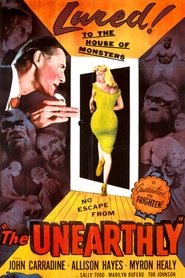 A mad doctor uses patients at...
A mad doctor uses patients at...The Unearthly 1957
A mad doctor uses patients at his isolated psychiatric institute as subjects in his attempts to create longevity by surgically installing an artificial gland in their skulls.
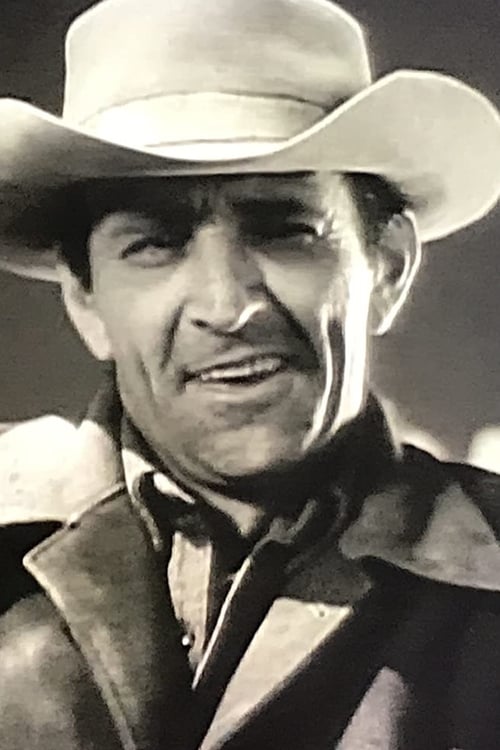
 An LA police officer is murdered...
An LA police officer is murdered... A biography of Woody Guthrie one...
A biography of Woody Guthrie one...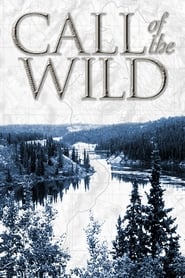 A prospector a trapper and their...
A prospector a trapper and their... When an American booze smuggler gets...
When an American booze smuggler gets...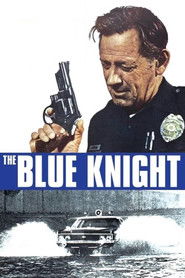 Bumper Morgan is a veteran Los...
Bumper Morgan is a veteran Los...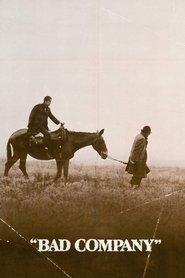 After Drew Dixon an upright young...
After Drew Dixon an upright young...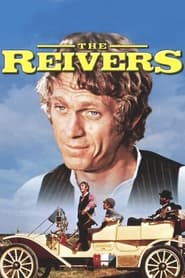 In turnofthecentury Mississippi an 11yearold boy...
In turnofthecentury Mississippi an 11yearold boy...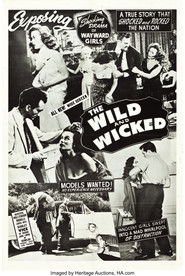 A girl visiting her sister in...
A girl visiting her sister in...